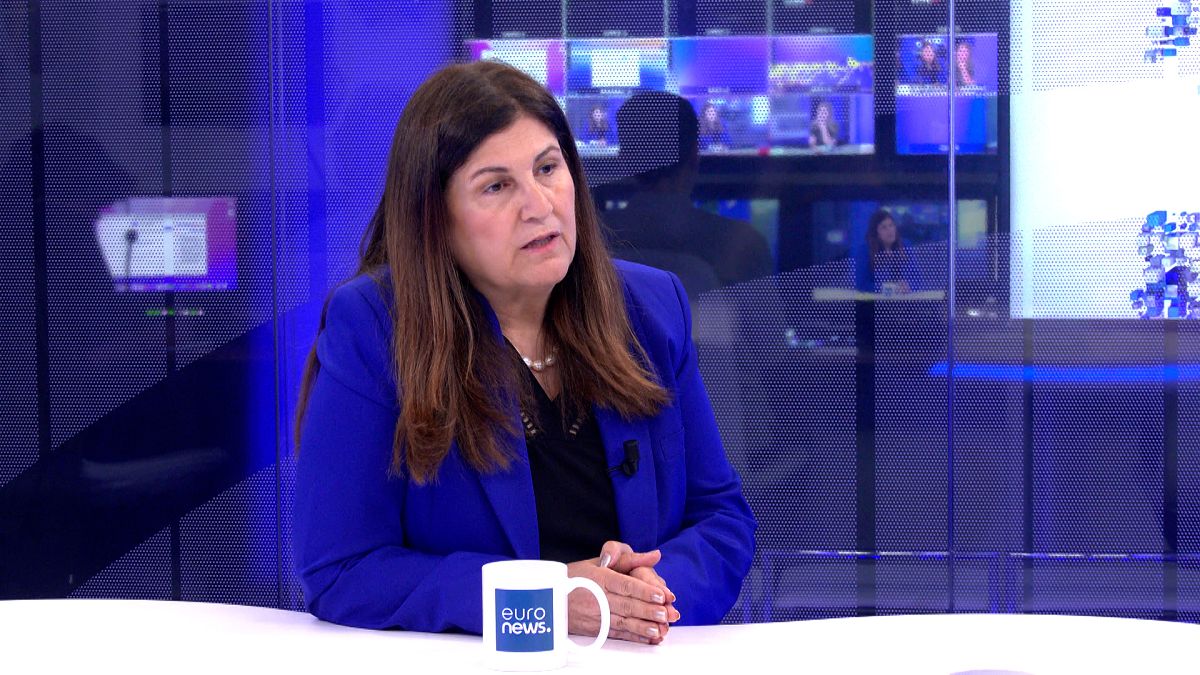

In an evolving landscape of international diplomacy, regions across the globe are navigating complex challenges with the aim of achieving peace and stability. Each region presents its own unique aspirations and hurdles as leaders work towards fostering cooperation and progress, all while maintaining a respectful approach to law and governance.
In the Middle East, recent remarks by Palestinian Foreign Minister Varsen Shahin signal a hopeful vision for the future. As she described, any forthcoming Palestinian state is envisioned to be pluralistic, grounded in respect for international law, and part of a peaceful two-state solution with Israel. Shahin emphasized the ongoing efforts of the Palestinian Authority to eradicate corruption, acknowledging that such substantive change requires time and persistence. Her words shine a light on the aspirations for a future that empowers women and enshrines respect for the rule of law, reflecting a commitment to building a society rooted in equality and justice.
Meanwhile, in Cyprus, leaders from the divided island nation are actively seeking a comprehensive solution to the long-standing Cyprus problem. Deputy Government Spokesman Yannis Antoniou underscored the collective aim of both sides to find common ground. This ongoing dialogue presents both an opportunity and a challenge, as the leaders work towards a peaceful resolution that respects the diverse communities on the island. The emphasis remains on unity and cooperation, with hopes that a resolution can break through past barriers and lead to a unified future for all Cypriots.
In Europe, attention is focused on Ukraine’s readiness for peace talks, a sentiment expressed by Ukraine’s foreign minister amidst shifting international dynamics. As tensions continue, there is an ongoing push to open channels of dialogue and foster peace. Concurrently, European Commission efforts to negotiate a trade agreement with the United States highlight another dimension of international cooperation. EU trade commissioner Maroš Šefčovič is slated for discussions in Washington, D.C., as both sides work towards resolving tariff issues by an established deadline. These talks underscore the importance of economic diplomacy in maintaining strong transatlantic relations and addressing global economic challenges.
Across the Atlantic, Hungary’s opposition voices have called on Democrats in the United States to be vigilant and organized, particularly in the face of potential shifts towards more autocratic governance. Katalin Cseh, a Hungarian opposition parliamentarian, drew parallels between recent political developments in the U.S. and Hungary under Prime Minister Viktor Orbán. This call to action serves as a reminder of the importance of safeguarding democratic institutions and norms, underlining the need for proactive engagement and advocacy in the political process.
In another part of the Middle East, Syria’s Druze community has reached a new ceasefire agreement with the government in Sweida, following tensions and recent military activity. Reports of Israeli military actions in the region emphasize the fragile nature of peace and the critical importance of diplomatic efforts to de-escalate conflicts. As the world watches these developments unfold, the hope for sustained peace and stability remains a central goal for all involved parties.
From the steadfast commitment to inclusive governance in Palestine, to the steady pursuit of unity in Cyprus, and the vigilant safeguarding of democracy in the U.S., these global stories reflect a shared aspiration for peace and cooperation amidst diverse challenges. As these narratives evolve, they serve as poignant reminders of the interconnected nature of our world and the importance of steadfast dialogue and diplomacy in achieving a harmonious future.
Source: {link}
